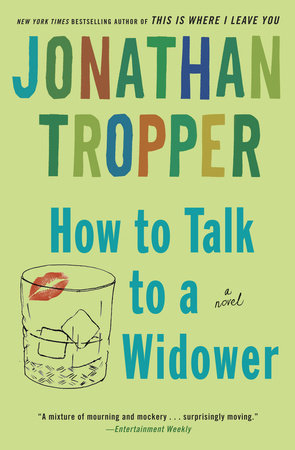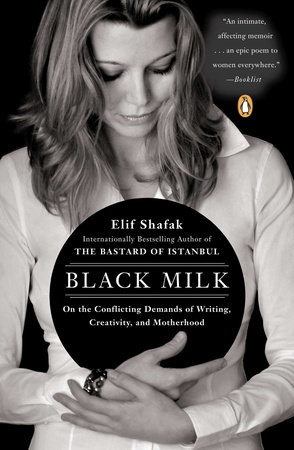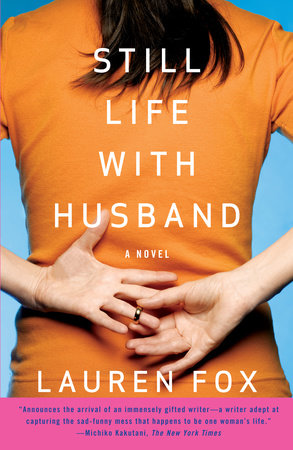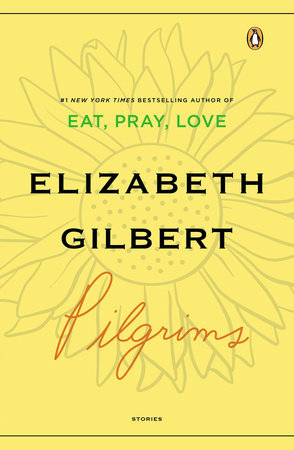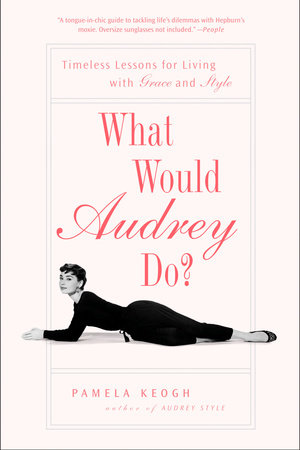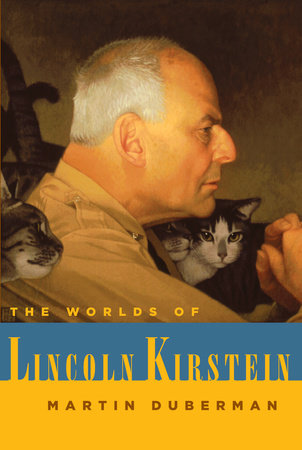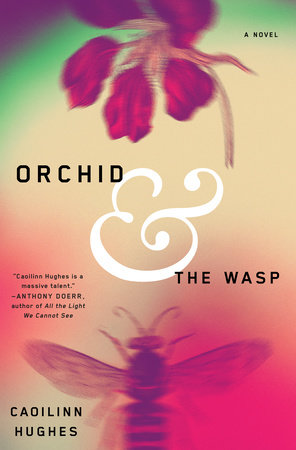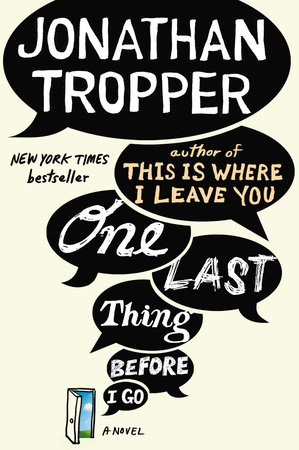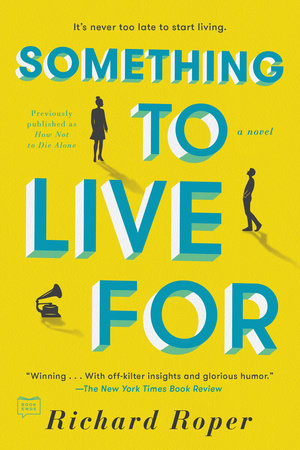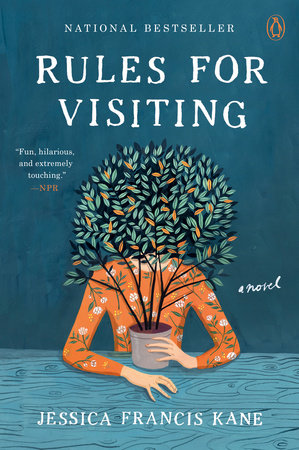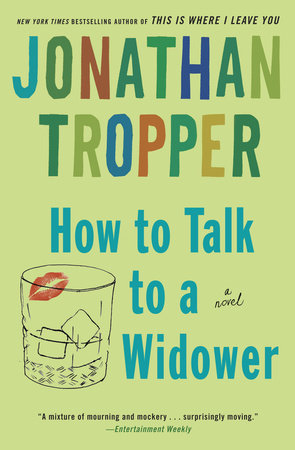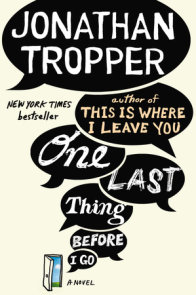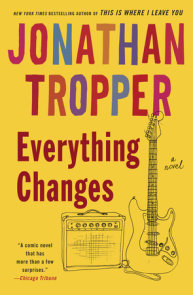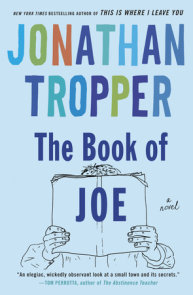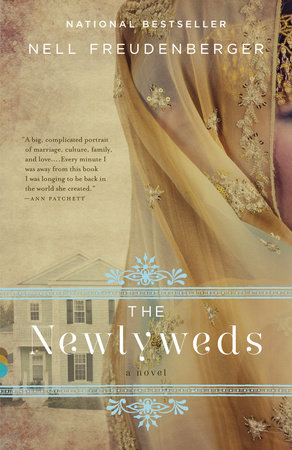Jonathan Tropper writes about his novel, How to Talk To a Widower
How to Talk To a Widower started out as a very different book. Before that, it started as a highly morbid and inappropriate dinner conversation. My wife and two of her friends had flown off on a trip to Los Angeles. That night, I was out to dinner with the two other husbands, enjoying a rare stag night, when someone mentioned that our wives were still in mid-flight. At some point, it occurred to me that if their plane crashed, we would be three young widowers living in the same neighborhood. My remark was met with shock and disapproval. How could you even say such a thing? But that’s what writers do, we allow ourselves to keep thinking, imagining, empathizing, and discussing past the point where other people have willed themselves to stop.
Inspired, I began writing a novel about three men living with their families in the aftermath of an horrific plane crash in which their three wives died. I created three very different men, and three very different marriages. And about a hundred and eighty pages in, I shared it with my publisher, and we all came to the same consensus: It wasn’t very good.
“It’s not very funny,” someone pointed out.
“Well, it’s about three men whose wives have died. I wasn’t really going for ‘funny.’”
“Still…” they said.
After meditating on it for a bit—and by that I mean obsessing about it, day and night, for weeks—I realized that the problem was not that it wasn’t very funny, it was that it simply wasn’t very interesting. It was sad, and well written, and ultimately pointless. The characters weren’t coming alive for me, and it showed.
So I took a beat and did some soul searching. The beat lasted around seven months, during which everything I wrote was crap. I asked for and received an extension and then I made the gut wrenching decision to throw it all out and start over again. There was one character, of the three men, who showed some promise for me, a twenty-nine-year-old widower named Doug Parker, wallowing in grief, marooned in suburbia, and saddled with a rebellious stepson, his dead wife’s son from her first marriage. And as soon as I started to write the book about Doug, it all came together. I liked what I was writing. It felt right and true and even funny. I called the book After Hailey. The publishers preferred How To Talk To A Widower. They never like my titles. I’m used to it.
People ask me why I seem to always write about screwed up people, and I always respond that no one wants to read about happy, well adjusted people. Happy, well adjusted people are boring. Doug Parker is not happy. He’s sad, angry, terrified, lonely, horny, and hopeful. Sometimes he drinks too much. Sometimes he sleeps with inappropriate women. Sometimes he gets into fights. And every so often, when you least expect it, he manages to get it right.
Since the release of How to Talk To a Widower here and abroad (it was actually a bestseller in the U.K.), I’ve heard from many widows and widowers who were moved to share their stories with me, and it’s been gratifying to hear that I’ve been able to a put a voice to some of their experience, that they found something to connect with in my character. For a fiction writer, there is no greater validation. I’m very proud of How to Talk To a Widower, even if I still can’t quite get used to the title. Sure, on the surface it’s about death and grief, but really it’s about life and love and family and the myriad ways there are to screw up all three.
I hope you enjoy it.
